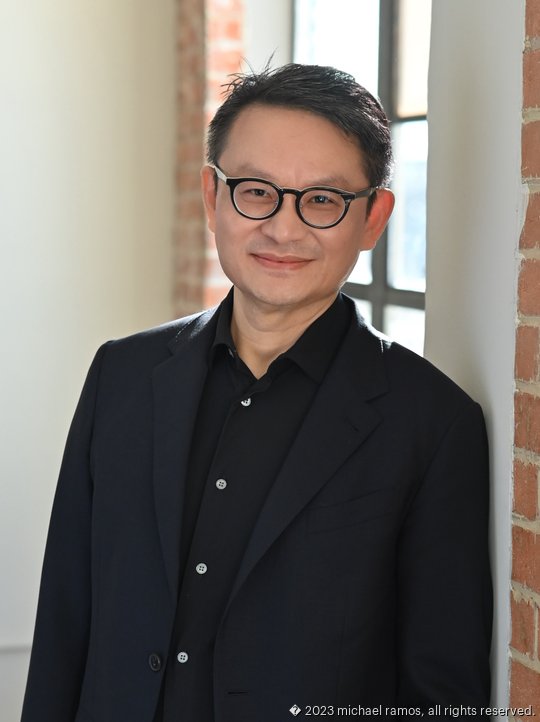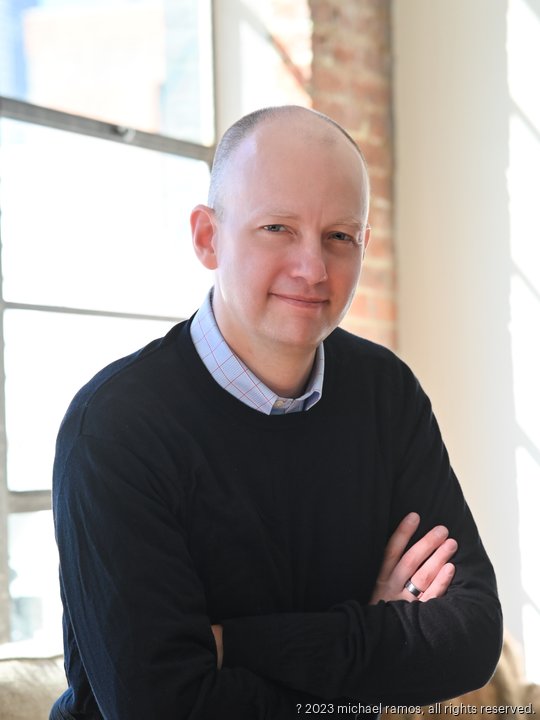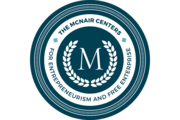
Growing space and renewable energy industries, among others, are the ingredients that Houston-based entrepreneurs Paul Sheng and Eric Bielke needed to launch their new fund Fathom Fund with over $100 million in capital commitments.
Fathom Fund targets deeptech investments, a category of investments in products based on scientific discoveries and engineering. Bielke said companies working on difficult technologies such as microchips and satellites, even at a pre-revenue stage, could be of interest for Fathom Fund.
Sheng said that during his and Bielke’s careers with McKinsey & Co. and Temasek, respectively, the pair identified a gap in early-stage technology investment in Houston.
“When you look at the landscape [in Houston], we have corporate venture capital and private equity that is focused on large infrastructure. But when it comes to early-stage investing in hard sciences, there needs to be a series of breakthroughs and investors that are willing to take calculated risks,” Sheng told the Houston Business Journal in an interview. “A client of mine once said Houston is a town where it’s easier to write a $100 million check than a $1 million check — because the $100 million is a brick-and-mortar risk compared to the $1 million technology risk.”
Fathom Fund’s timing is a result of the city’s growth and concentration of its startup scenes, and the companies that emerged from that concentration. Companies like Solugen Inc., Syzygy Plasmonics and Fervo Energy could not be found in the Bayou City 10 years ago, Sheng said.

However, while Fathom Fund is rooted in Houston, it will make investments across the country and internationally. Bielke said Fathom Fund would differentiate itself by providing technical expertise at the earliest stage, where companies cannot afford the type of knowledge they would have at later stages.
“When we were thinking about the strategy for the firm, [we asked ourselves] 'How do we differentiate the region, and how do we differentiate in a world with a lot of venture capital chasing hot ideas?'” Bielke said. “One of those themes is rigorous technical diligence at an early stage. There are a few firms that do this, but they tend to be later stage — not a lot of people do this at the seed and Series A stage.”
Although Fathom Fund had been in the works for several months, it emerged from stealth only after hitting the $100M mark to show the fund was committed to its work, Sheng said. Fathom Fund will target a portfolio of 10-15 companies, though Bielke said a concrete investment timeline was not available.
Bridging the gap for early-stage companies has been a theme in Houston’s startup ecosystem for several years, driving several initiatives in the city to make it easier for startups to scale up. Incubators such as The Cannon, the Ion and Greentown Labs have taken shape in Houston to bring entrepreneurs and investors together in shared spaces.
Meanwhile, other funds, such as Mercury Fund, have turned their focus to rapidly scaling startups. Two of Mercury’s recent Houston-based portfolio companies, RepeatMD and Brassica Technologies, have hit big milestones shortly after receiving their Mercury seed investments.





